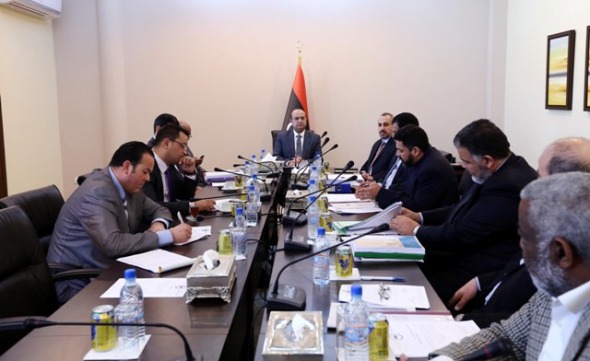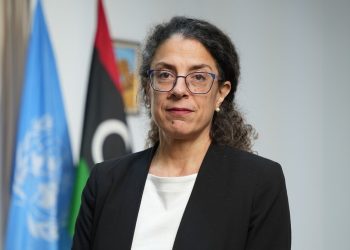By Hadi Fornaji.

Tripoli, 26 February 2013:
Government plans to ensure that people who fled their homes during or after the revolution, or . . .[restrict]were driven out, can return home are now the focus of efforts led by Deputy Prime Minister Awad Barasi.
Today, Tuesday, he chaired a meeting on the issue attended by the Ministers of Justice, Finance and Social Affairs as well as the Undersecretaries at the Ministries of Interior and of Foreign Affairs.
The aim is to ensure the return to their homes of both internally displaced persons (IDPs) and Libyan supporters of the Qaddafi regime who fled abroad.
According to the government’s website, today’s meeting came up with a number of recommendations, including the activation of a social justice law, efforts at national reconciliation, improving the living conditions of IDPs, ensuring their return to their homes and, in the case of those outside Libya, ensuring their return to the country.
The recommendations are to be presented the Displaced People’s Affairs Committee was recently established directly under the Prime Minister’s office. The Prime Minister has spoken increasingly in recent weeks about the need to enable both IDPs and exiles abroad to return home and the importance of national reconciliation in that process.
According to UNHCR, there are 59,425 IDPs at present, just over half of them Tawerghans. There are also 9,000 IDPs from the Jebel Nafusa and some 6,000 from Misrata, many of them originally from Tawergha. Additionally there are at least 2,500 Tuareg forced to flee Ghadames in 2011.
The real overall figure, however, is thought to be significantly higher. The 59,465 are those who have registered as IDPs.
As to Libyans who fled abroad, there are wildly conflicting figures from a couple of hundred thousand to over a million. Most are in Egypt and Tunisia. [/restrict]









